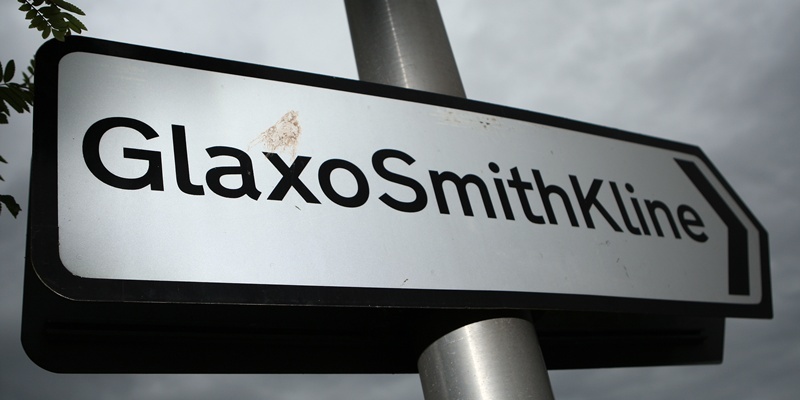The chemicals giant behind plans for turbines in an Angus town says it is disappointed the local council has recommended they be refused.
Global company and main Montrose employer GlaxoSmithKline told The Courier the two 430ft wind turbines are the best option for its Cobden Street site’s power generation needs.
However, a report due before members of the development standards committee on Tuesday recommends refusal.
A spokesman for the firm said: ”GSK is disappointed its planning application to erect two wind turbines on its site at Montrose has been recommended for refusal.”
The company said it would comment on each of the points raised in a report from the council’s director of infrastructure services, Eric Lowson, when the committee considers the application.
As reported in Friday’s Courier, the refusal recommendation boils down to three reasons:
The proposed development would give rise to unacceptable impacts on residential property by virtue of its height, its proximity to nearby homes and uncertainty over operation within acceptable noise levels It would result in unacceptable adverse landscape impacts, having regard to landscape character and setting within the immediate and wider landscape It would adversely and unacceptably impact on the setting of the Montrose Conservation Area and the A-listed Parish Church.
The spokesman added: ”With respect to potential nuisance to neighbours from noise that the turbines may create, GSK said it believed the turbines could be operated within the council’s guidelines.”
In terms of visual and landscape impact, the company said it had always recognised the turbines would have an impact.
”However, it believed this would have to be weighed against environmental and social/economic benefits.”
It noted the report’s offer of assistance from the council to find an alternative method of power generation to achieve the site’s goal of carbon reduction.
However, the company said it had thoroughly investigated all possibilities and believed the two 2.5 megawatt turbines were the only option to meet its needs.
GSK said current wind turbine technology meant the turbines had to be of the scale proposed to enable the site to generate all the power it required and to make the greatest contribution to the site becoming carbon neutral.
Installing turbines 230ft in height, similar to the spire of Montrose parish church, ”would not harness sufficient wind power to meet the site’s goals, would not be viable in terms of pay back on capital and would still have significant visual impact,” the spokesman added.
Mr Lowson says he would be willing to meet representatives of the firm and offer assistance to find an alternative method of power generation should councillors concur with his findings.
He said in his report: ”I am very conscious the applicant is a valued employer in the local area. I am also sympathetic to GSK’s desire to increase the competitiveness of the Montrose site and reduce its carbon emissions.
”I have had regard to the commitment the investment associated with this development would demonstrate to Montrose.
”While I am unable to support this proposal for the reasons identified above, I would be pleased to engage with the applicant with a view to considering alternative proposals with reduced impacts.”
